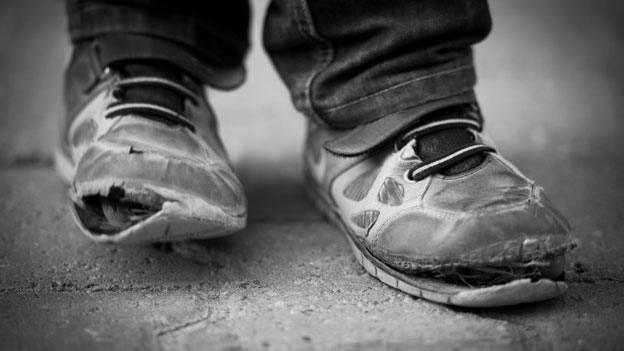Children in deprived areas more likely to go into care
- Published
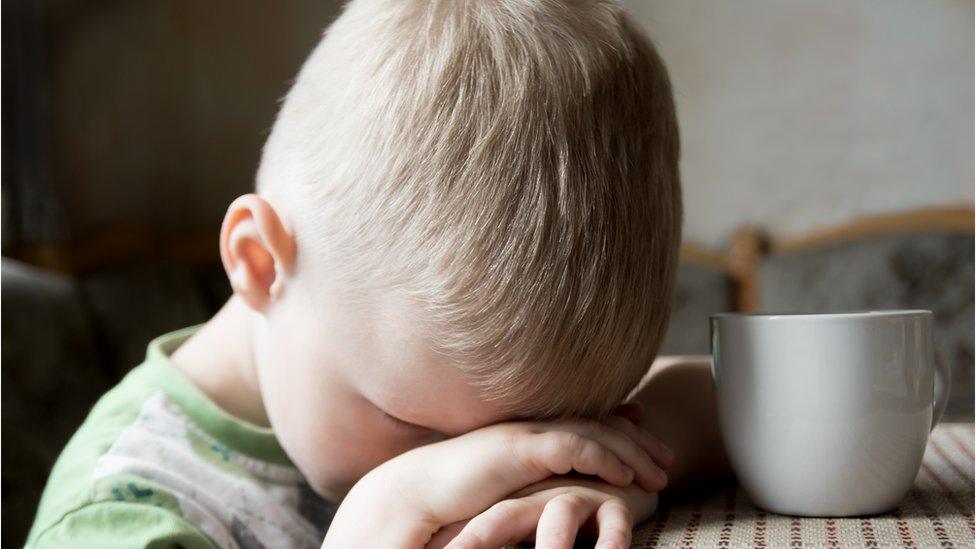
The Child Welfare Inequalities Project investigated data on over 35,000 children in the UK
Children living in Wales' most deprived areas are 16 times more likely to go into care than those living in the most affluent areas, new research has found.
The Child Welfare Inequalities Project, external found one in 60 children is in care in England's most deprived areas, compared with one in 660 in the least deprived.
It studies links between deprivation and child welfare interventions.
Council leaders said discussions were ongoing about how children and families could be supported in Wales.
And the UK Department for Education said it was changing the law to help vulnerable children and providing extra funding to tackle inequality in communities in England.
Academics from the seven universities investigated data on over 35,000 children in the UK who were either in care or on child protection plans on March 2015, when the study began.
The project concluded that children in the most deprived 10% of neighbourhoods in the UK were at least 10 times more likely to be in care than children in the least deprived 10% but in Wales the figure was more stark.
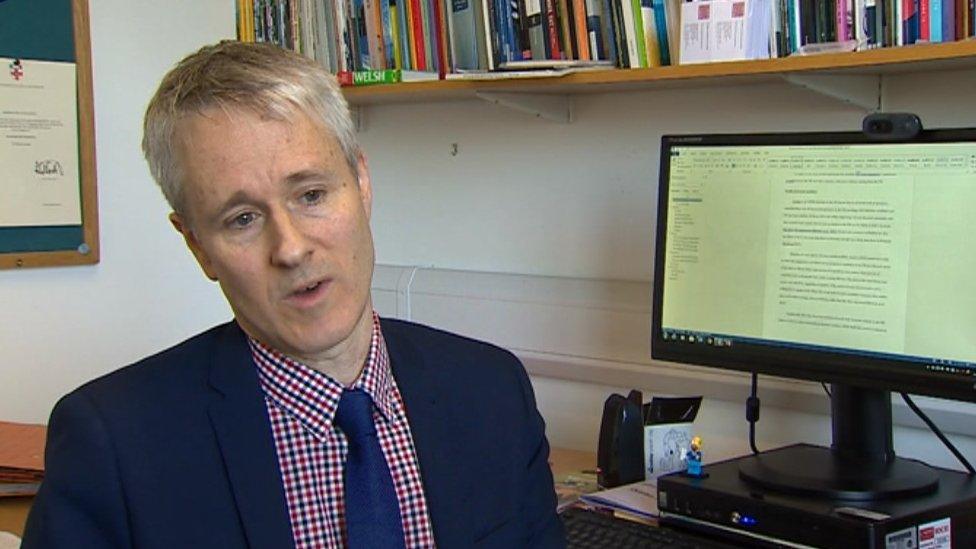
Prof Jonathan Scourfield: 'poverty is part of the picture of harm to children'
The research also found children were 24 times more likely to be on the child protection register.
Jonathan Scourfield, a professor of social work at Cardiff University, said: "The experience of living in poverty puts enormous strain on families which can result in various social and behavioural problems which can cause harm to children.
"We're not at all saying all children living in poorer areas are necessarily at risk - that's far too crude. It is the case that poverty is part of the picture of harm to children."
The Welsh Local Government Association, which represents councils, said there were ongoing discussions with the Association of Directors of Social Services Cymru and the Welsh Government as to "how children and their families can be best supported".
Prof Scourfield added that a "lot of policy attention" focused on reducing health and education inequalities which was "absolutely right".
But he added: "The adult outcomes, though, of harm to children are much more serious than the problems caused in adulthood by educational underachievement or having slightly worse health.
"Reducing inequalities could have the effect of reducing harm to children.
"We need to connect child protection and the reduction of child poverty which, currently, are thought of as two separate areas of policy."
The study said there are 5,350 children in care and 2,936 on the child protection register in Wales.

Michael recounts his experiences
Care leaver Michael Ali said there are "different stigmas attached to different areas"
Michael Ali, 22, from Ely, Cardiff, grew up in foster care. He said it was not until he attended a high school in a neighbouring community that he realised there were "different stigmas attached to different areas".

A Welsh Government spokesperson said the lead researchers had been invited to present their findings to its Improving Outcomes for Children Ministerial Advisory Group later this week.
The spokesperson said: "The group aims to identify what early intervention and preventative action can be taken to help reduce the numbers of children taken into care and to improve outcomes for looked after children."
Lead investigator Paul Bywaters, professor of social work at Coventry University, said: "This is not about pointing the finger at local authorities or apportioning blame to anyone for a situation that is in critical need of attention.
"What we're doing is holding up a mirror to the child welfare sector, and to the UK's governments, and saying 'This is how it is - now what shall we do about it?'."
A Department for Education spokesperson said it was changing the law, external to "strengthen protections for vulnerable children, give them greater support in school to help support their educational attainment and help them as they prepare to leave the care system and enter adulthood".
It was also investing £72m to promote social mobility, external, supporting schools and links with employers, according to the spokesperson.
- Published26 January 2017
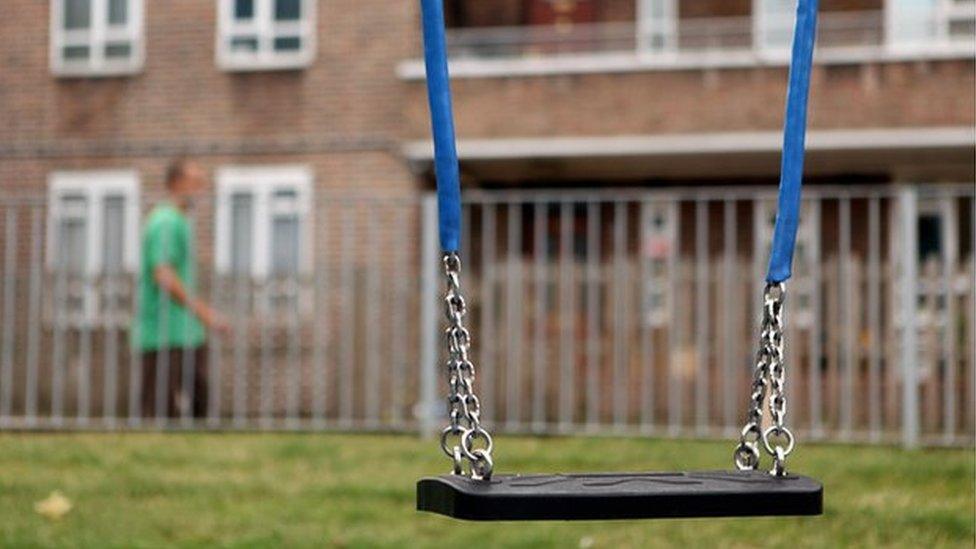
- Published8 November 2016
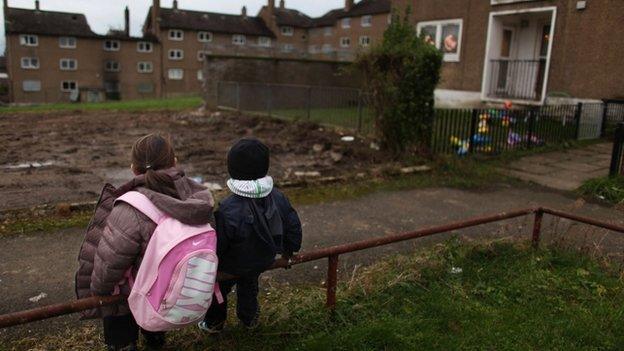
- Published18 June 2015
